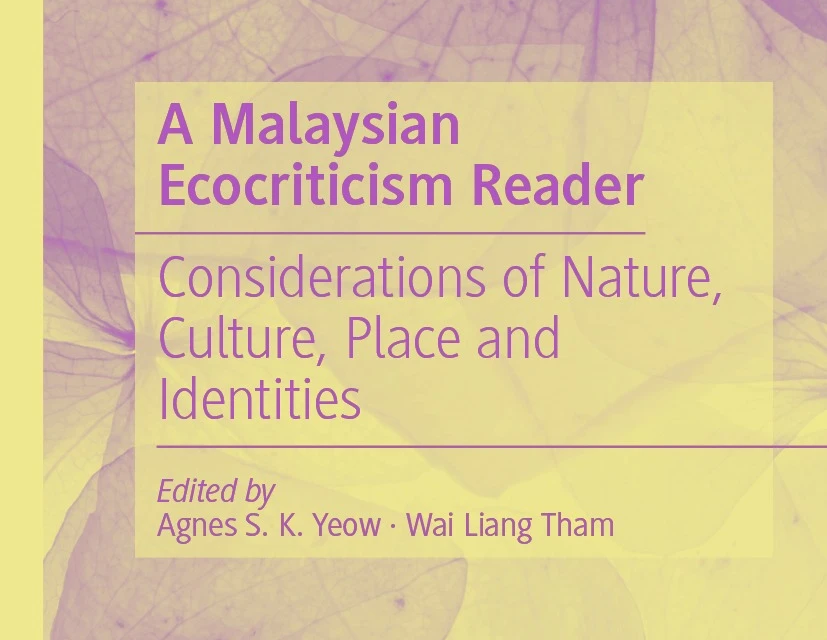A Malaysian Ecocriticism Reader October 28, 2024 – Posted in: Reviews
To begin with, there has been significant theoretical work involving life-writings—an umbrella term that can include, for instance, the autobiographical novel and memoirs. Rather than to see such texts as presenting the “truth” per se, it is more rewarding to read them as literary representations, including how the “self” may emerge in textualised form. In this dynamic, fiction and auto/biography are more closely linked than they may initially appear–indeed, “our memories are always already textualized” (Saunders, 2010, p. 323). Furthermore, in the modern nation-state, “[w]riting one’s life and participating in politics” can both be regarded as related forms of representation (Holden, 2003, p. 16), thus suggesting a complex linkage between the self, politics and nation-state.
For this reason, it is instructive to read Gurmit Singh K.S.’s memoir not just as a transparent record from which we can extract facts, but to consider how it interrogates ways in which he constructs himself as an “eco-hero” (Poland, 1991) in the Malaysian context. Thus, the recollection here can arguably fit within the framework of typologies suggested by Zainal in Chapter Eleven, even if these are seemingly optimised for fictitious works. We particularly suggest paying closer attention to the notion of collective action as a driver of grassroots action, which she further elaborates upon. We invite you to read these excerpts, not necessarily just as a chronicle of the growing environmental movement in Malaysia, but also to consider how closely Singh’s narrative adheres to what Jerome Brunet describes as “idealized cultural patterns”—in this case, as “the selfless seeker after the public interest” (1993, p. 40).
But because ecocriticism is very much socially and ecologically engaged, Singh’s work presents a view of a dynamic Malaysian civil society. The environmental movement, although still marginalised in comparison to corporate and political interests, has significantly mobilised members of the public, where grassroots-level movements (e.g., the Friends of Bukit Kiara), in addition to those discussed below, remain active. We caution against assuming that the civil society space is uncomplicated and idyllic, however. Its politics can be significantly fraught, especially in Malaysia’s semi-authoritarian context, wherein public involvement, consultation and other forms of participatory action are essentially confined to elite-level discussions and therefore inherently undemocratic (Rodan, 2018). Neither is civil society purely an egalitarian movement, since it can also be dominated by the non-political elite. Such elites – whether in terms of financial or sociocultural capital – have mobilised elsewhere in the Southeast Asian region and have “invoked a discourse of ‘good governance’ to destabilise democracy” (Norén-Nilsson, 2023, p. 177).
At the end of the day, environmental mobilisation is handicapped by the persistence of systemic and structural barriers and major interests, and while such mobilisation is necessary, it is not in itself sufficient, if the enforcement of political will is lacking. It is also necessary to problernatise neoliberal economic approaches such as “natural capital”, which is premised upon “the extreme exploitation of nature for the sake of commodity exchange” (Foster, 2002, p. 35). As Manzo et al. argue, “[t]he main issue for debate in Malaysia is not development versus conservation but rather which type of development should predominate (e.g. extractive development versus ecotourism) and at which scale (national versus local, rural, regional and/ or indigenous)” (2020, p. 23, emphases in the original). Regardless, Singh suggests how such mobilisation may begin and be sustained accordingly, while being aware of the ideological challenges in the way.
(adapted from A Malaysian Ecocriticism Reader: Considerations of Nature, Culture, Place and Identities, edited by Agnes S. K. Yeow and Wai Liang Tham © 2024, Palgrave Macmillan)

